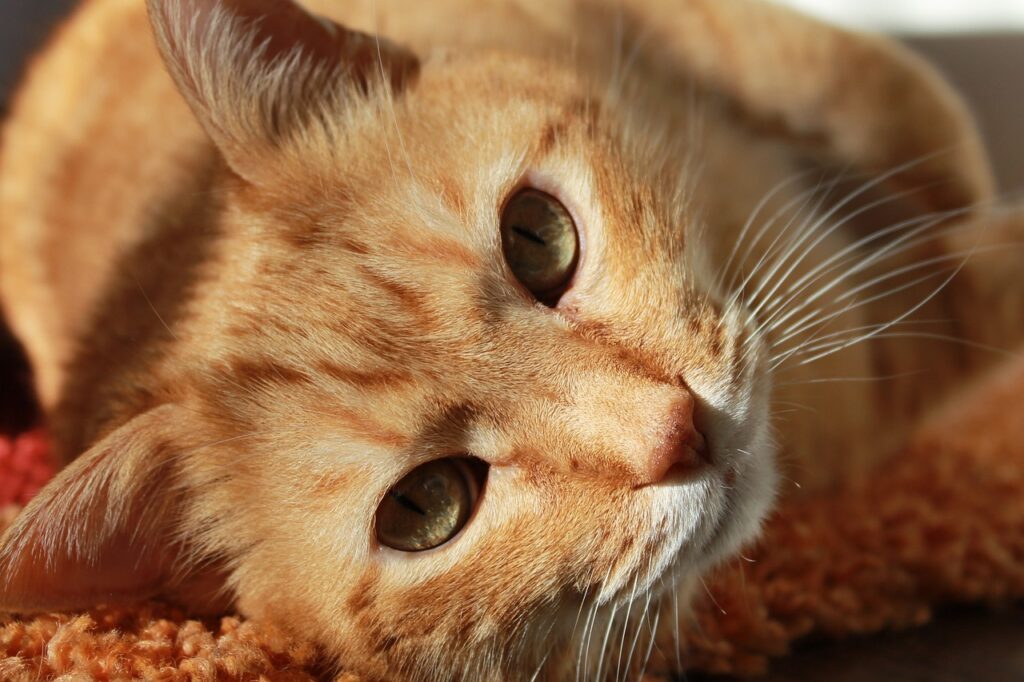Can Cats Eat Avocado? – No, They Can’t
When it comes to our feline friends and avocados, the answer is a firm no. This creamy fruit, although popular and healthy for humans, hides dangers for cats. The main culprit is a substance called persin, naturally present in avocados, which is toxic to cats and may lead to health issues.
Is It Safe for Kittens to Consume Avocado?
For the tiny and more vulnerable kittens, avocado remains on the list of foods to avoid. Their digestive systems are delicate and can be easily disturbed by the ingestion of persin found in avocados.
Risks Associated with Feeding Avocado to Kittens
Given their underdeveloped immune systems and smaller size, kittens face greater risks when consuming avocado. The toxic effects could be more immediate and severe, leading to gastrointestinal upsets or even more serious health concerns.
Why Avocado is Not Recommended for Cats
Potential for Persin Poisoning
Avocado contains persin, a fungicidal toxin, which can cause vomiting, diarrhea, and myocardial damage in cats. Though it’s present in the leaves, pit, and bark more heavily, even the fleshy fruit part that we eat contains this toxin.
Risk of Choking and Intestinal Blockage
The avocado pit poses a significant choking hazard to cats. Should they ingest it, it can lead to an intestinal blockage, which is a life-threatening emergency often requiring surgical intervention.
High Fat Content and Pancreatitis
Avocados are high in fats, even the healthy kinds, which are not suitable for a cat’s diet. Excessive fat can lead to pancreatitis and obesity in cats, contributing to a decline in their overall health.
Known Health Issues in Cats from Consuming Avocado
Aside from gastrointestinal upset and pancreatitis, cats may also experience difficulty breathing, congestive heart failure, or fluid accumulation in the chest if they consume large amounts of avocado or are exposed to the other parts of the avocado plant containing higher levels of persin.
What to Do If a Cat Has Consumed Avocado?
- Immediate Observation: Monitoring your cat closely for any changes in behavior or signs of distress is vital and often the first recommended action.
- Veterinary Consultation: If symptoms arise, seeking professional advice from a veterinarian should be your next course of action.
- Emergency Treatment: In the case of serious symptoms like difficulty breathing or vomiting, take your cat to a veterinary clinic urgently.
Safe Alternatives to Avocado for Cats
Cat owners can offer their pets catnip, cooked lean meats such as chicken or turkey, or commercial cat treats that are specifically formulated to be safe and nutritious for cats. These options provide a tasty and healthy alternative to risky avocados.
Conclusion
In conclusion, while avocados can be nutritious for humans, they represent a risky food for cats due to the presence of persin and other factors. Prioritizing our feline companions’ health means keeping avocados off their menu and opting for safer, cat-friendly treats instead.



